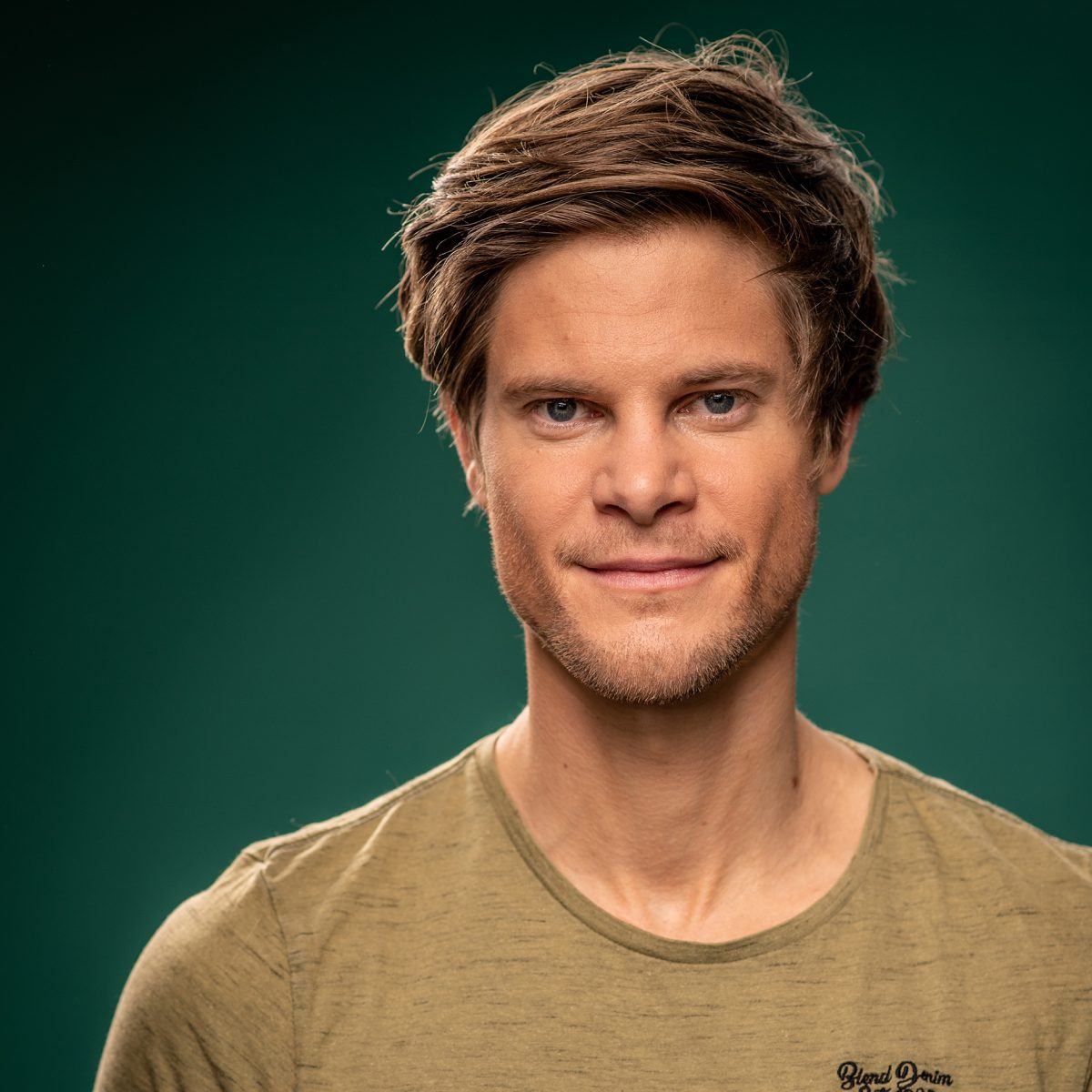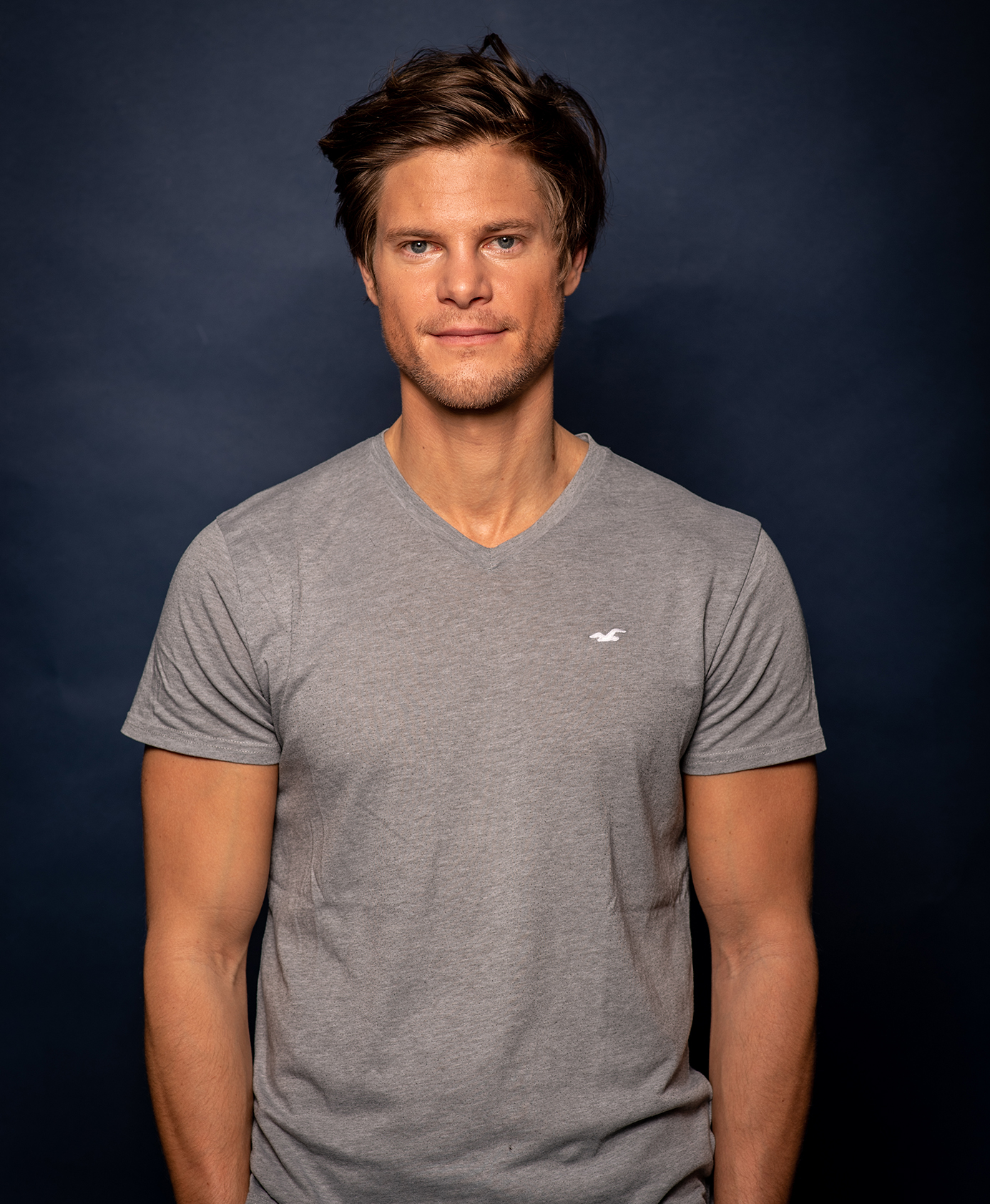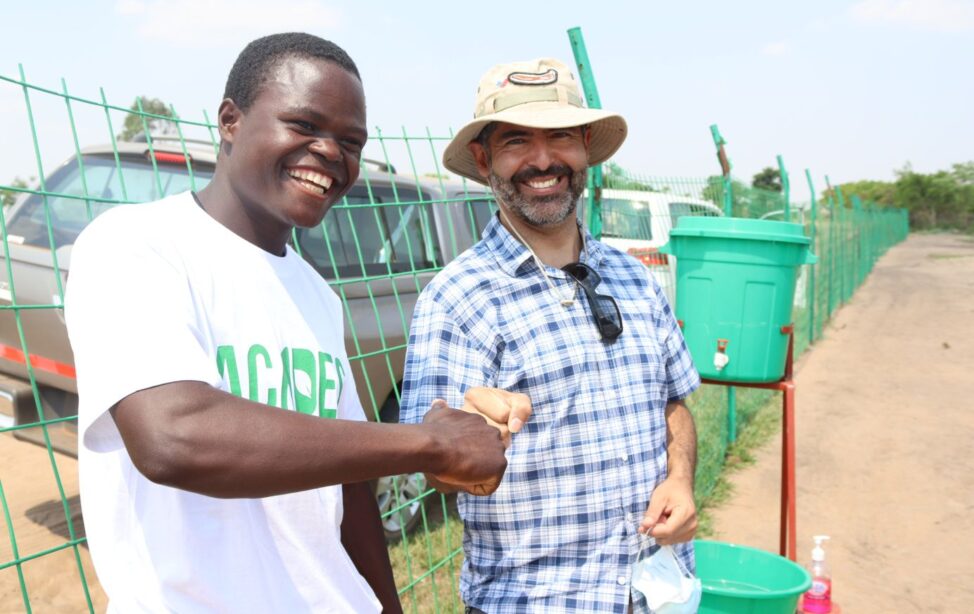
Even before he had completed his doctorate, TUM Alumni Dr. Philip Häusser became a co-founder at a medical technology start-up. As Chief Technology Officer, he continues to develop the Artificial Intelligence the start-up uses to enable more efficient treatment of cardiac arrhythmias (Picture: Christian Kaufmann).
AI Expert Philip Häusser
“You Have to Venture into the Unknown to Get Ahead”
Philip Häusser wanted to find a solution to the problem himself. “I was immediately hooked,” he recalls. “The potential that lies in what is known as Deep Learning, or Artificial Intelligence, is huge.” Using online learning programs, he initially tried to acquire know-how on Machine Learning and neural networks through self-study. However, he soon discovered that he could not get such complex knowledge properly through tutorials, which were still rare at the time and sometimes difficult to access. An internship with experts was what was needed. Philip Häusser presented his work to Prof. Dr. Daniel Cremers, who is heading the Department of Computer Vision & Artificial Intelligence at TUM. He did not take him on as an intern. Instead, he offered him a doctoral position.
BREAKING NEW GROUND
Starting in 2014, Philip Häusser and his doctoral adviser conducted research on artificial neural networks in the field of Computer Vision. With FlowNet, they were among the first researchers to figure out how to use Deep Learning for Optical Flow Estimation in an image sequence. Optical flow is an important representation of motion information in the early stages of image processing and is used, for example, in the visual navigation of robots or autonomous driving. “In life and in science, you sometimes have to venture into the unknown to get ahead,” says Philip Häusser. “At TUM, I met a lot of people who have broken new ground. That made a lasting impression on me and remains a very significant inspiration for me to this day.”
At TUM, I met a lot of people who have broken new ground.
Philip Häusser did not pass up the opportunity to be part of a small team and drive this innovative idea forward from the very beginning. He is now Chief Technology Officer and Managing Director of the start-up, which is growing steadily with a staff of fifty and successful Series B financing rounds.
KNOWLEDGE FOR EVERYBODY
Alongside his interest for Artificial Intelligence, Philip Häusser has another great passion. Ever since he was a schoolboy, he has been involved as a TV presenter, book author and producer of web videos to bring science to the general public in a comprehensible and entertaining way. “In Germany, we conduct cutting-edge research that has a global impact, but we talk about it way too little,” he explains. “In some parts of society, there is occasionally downright distrust of science, as we saw increasingly during the Corona pandemic.”
Whether for ZDF, BR Fernsehen or on YouTube channels such as Terra X Lesch & Co and Faktencheck, Philip Häusser is presenting scientific content and astounding experiments with great enthusiasm. In 2021, he published his second book of popular science. “I feel it’s my duty as a scientist to explain how all this actually works – so that knowledge isn’t exclusive to a few people, but everyone can join in the conversation,” he says. “That kind of empowerment is what drives and motivates me.”

Philip Häusser (Picture: Christian Kaufmann).
Dr. Philip Häusser
Doctorate Informatics 2018
In 2013, Philip Häusser completed his Bachelor’s degree in Physics at Ludwig-Maximilians-Universität in Munich. In 2014, he obtained his Master’s degree at the University of California in Santa Cruz, USA. This was followed by his Doctorate in Informatics at TUM in 2018. Even before submitting his doctoral thesis on neural networks, he joined Ablacon as a co-founder. The medical technology start-up relies on Artificial Intelligence to analyze cardiac arrhythmias. In 2019, it was ranked among the “25 Top Machine Learning Startups To Watch” by business magazine Forbes. Philip Häusser is CTO and CEO of the company, which is based in Munich and Colorado and has its headquarters in Silicon Valley.
In addition to Artificial Intelligence, Philip Häusser’s great passion is science journalism. He has received several awards for his work in this field, including 2nd prize in the Fast Forward Science Awards in the Scitainment category and the Helmut Fischer Preis für Wissenschaftskommunikation (Helmut Fischer Prize for Science Communication) from Deutsches Museum. When Philip Häusser is not doing research, writing or in front of the camera, he enjoys playing squash and volleyball.


